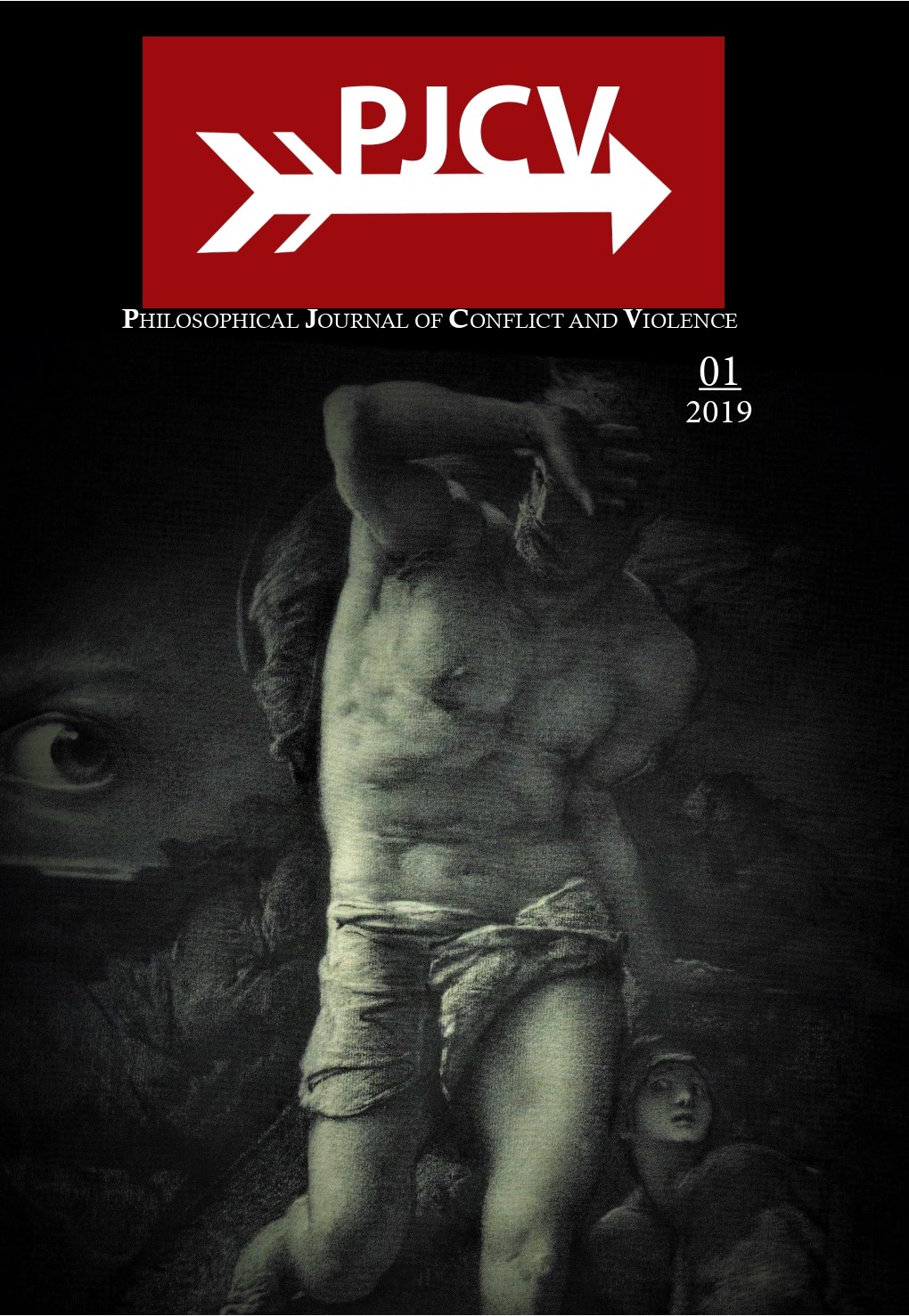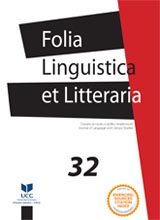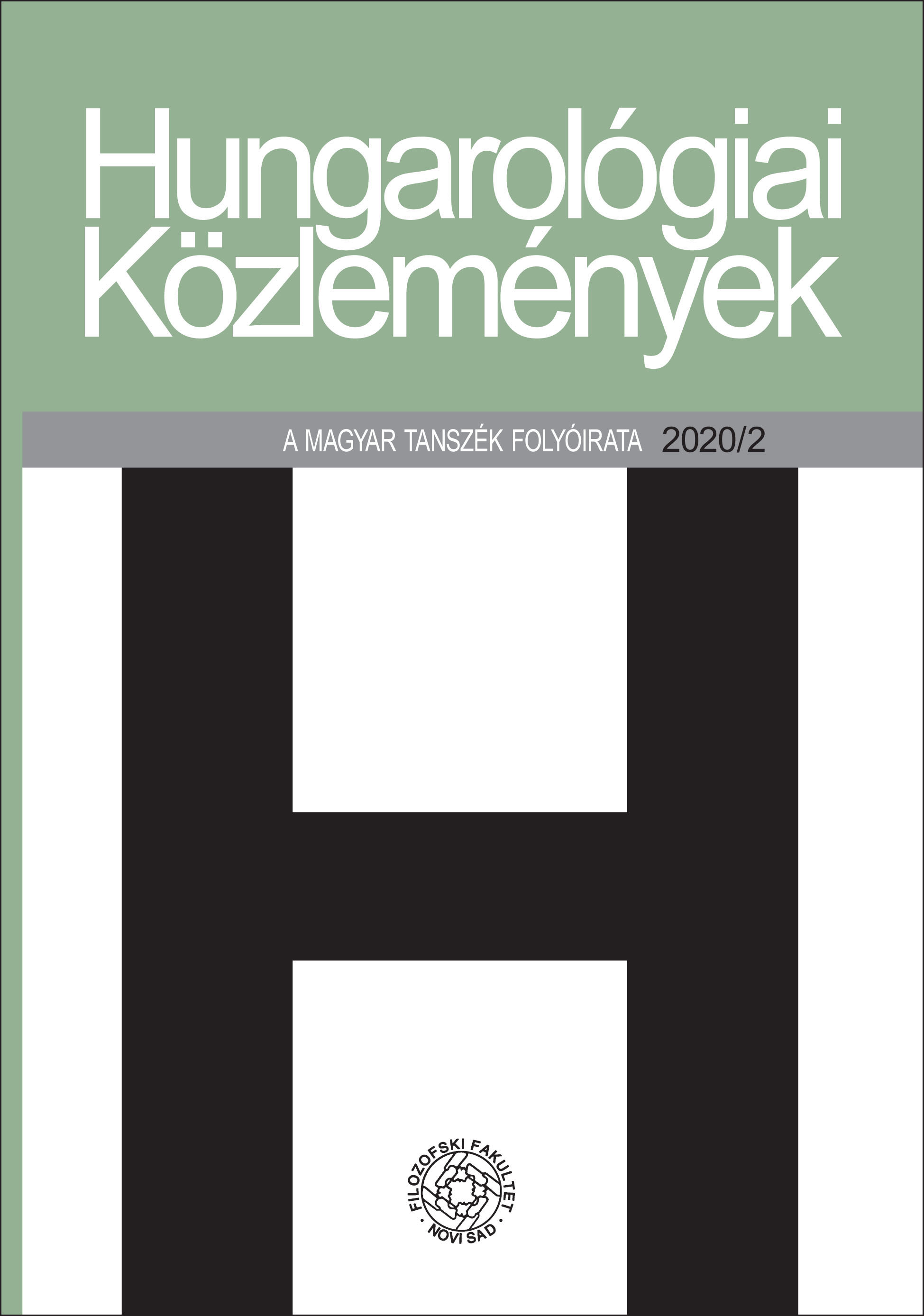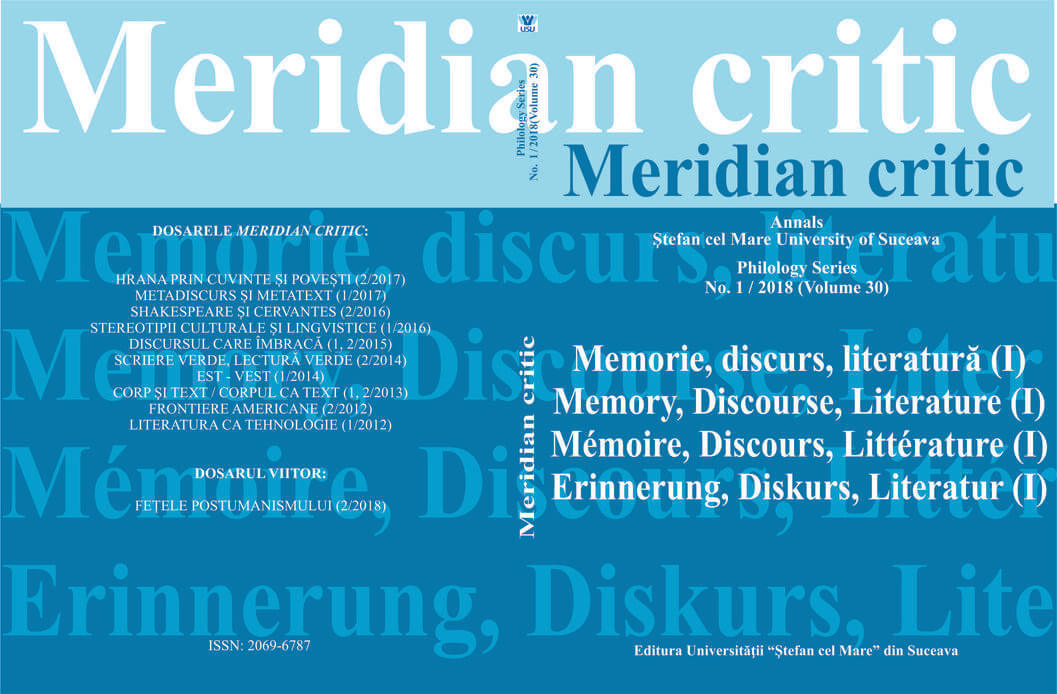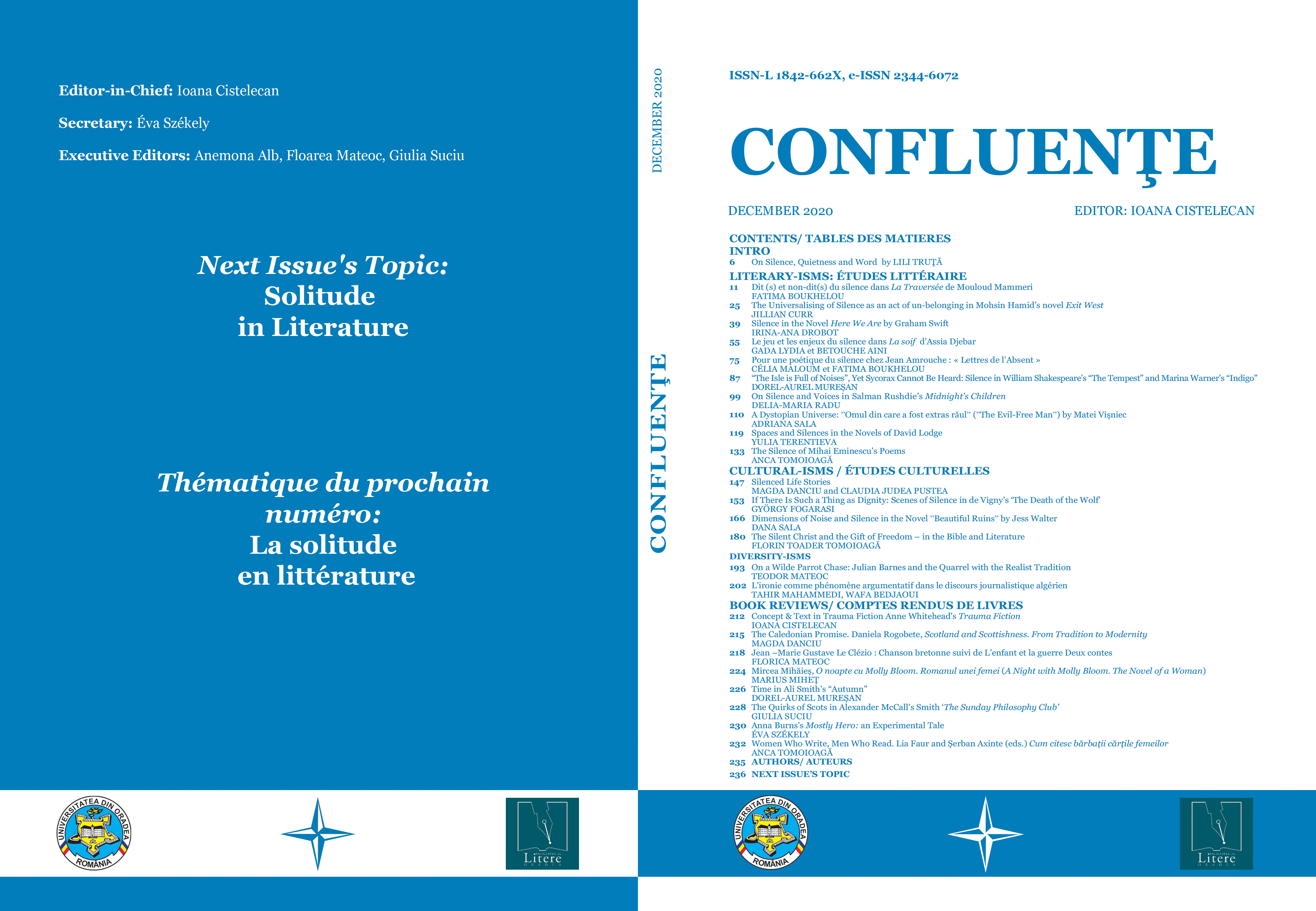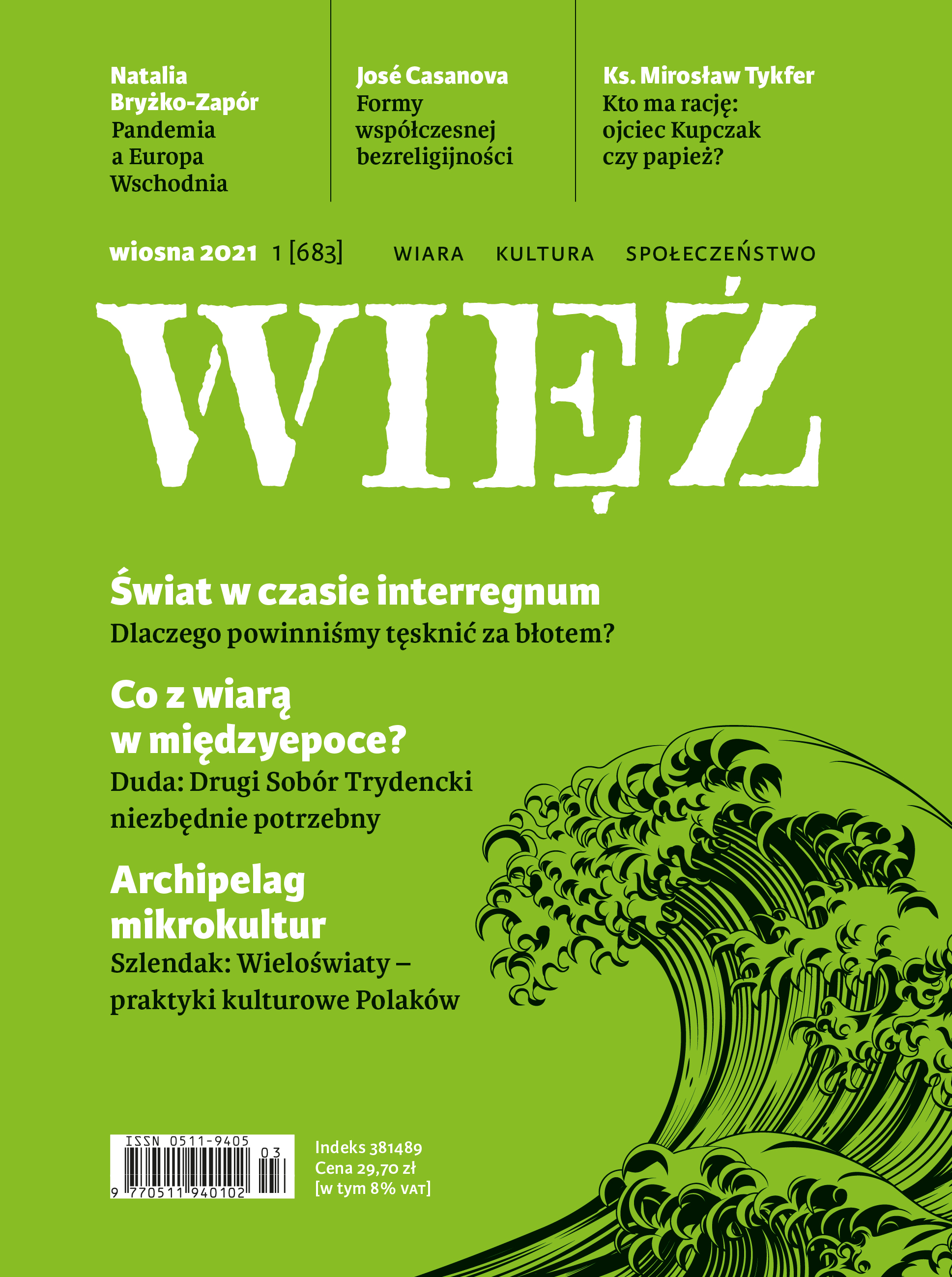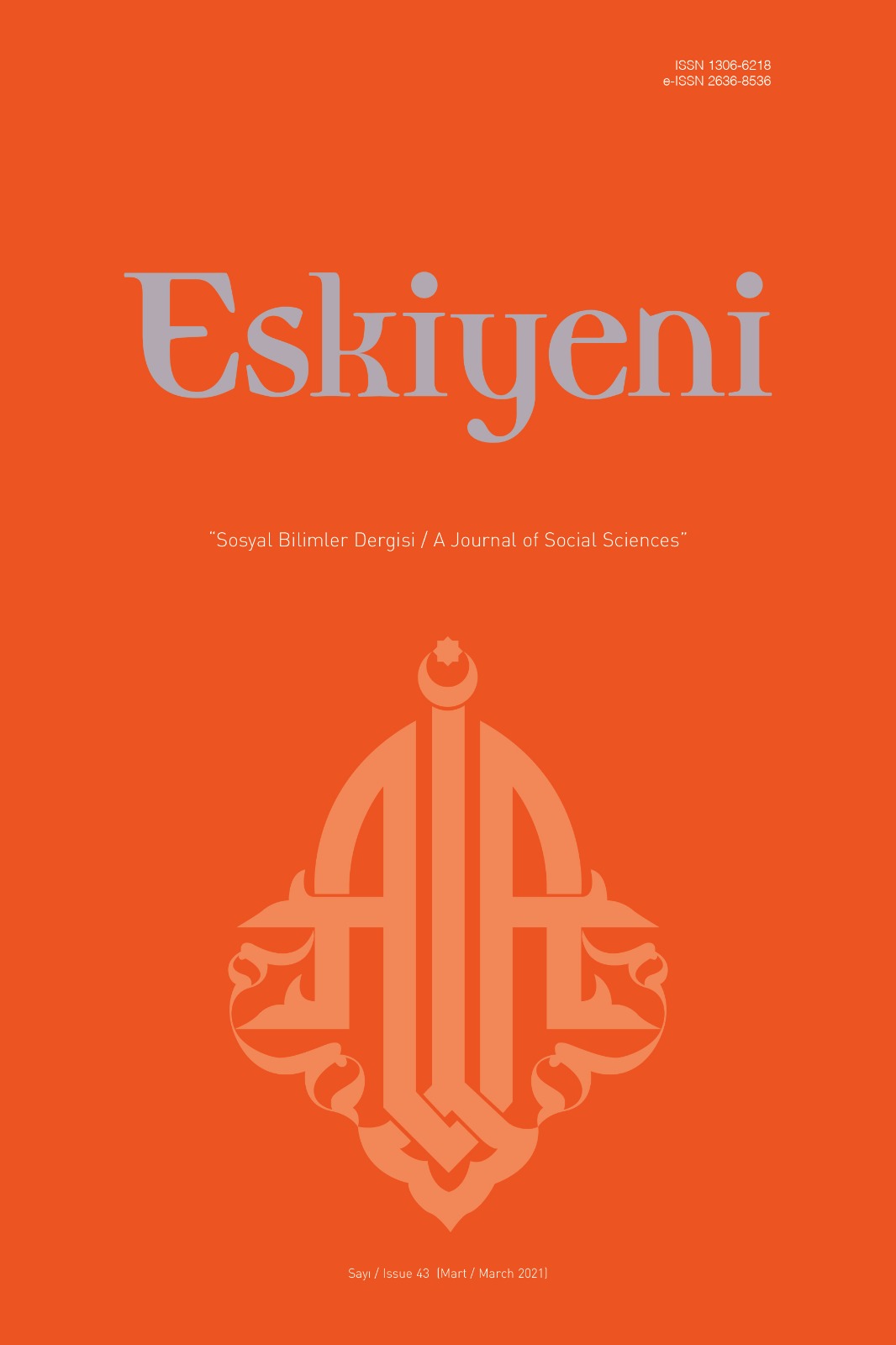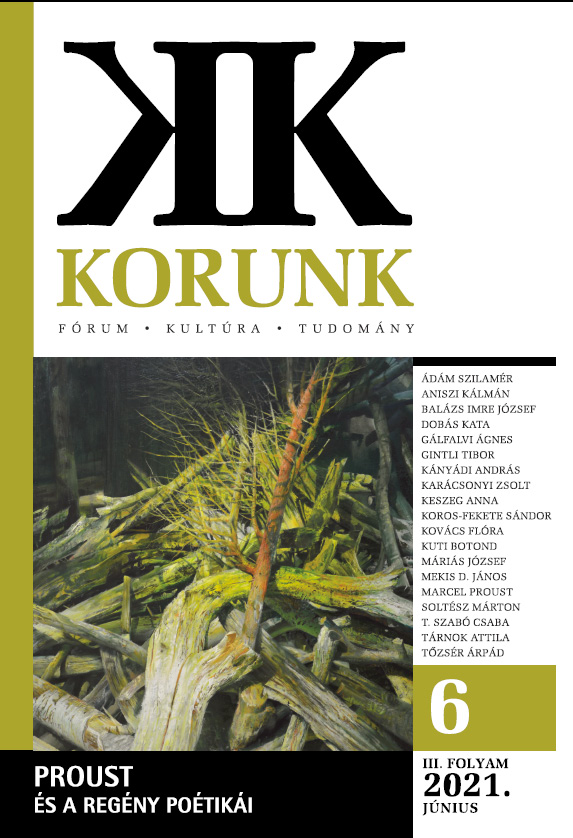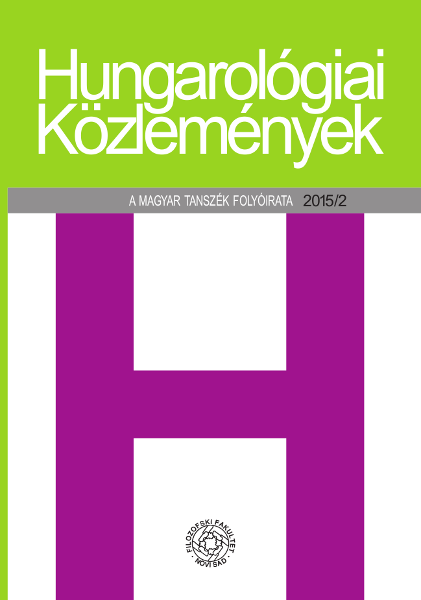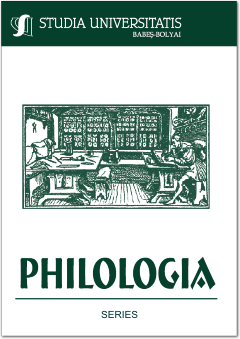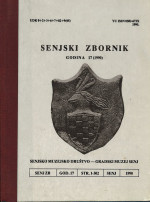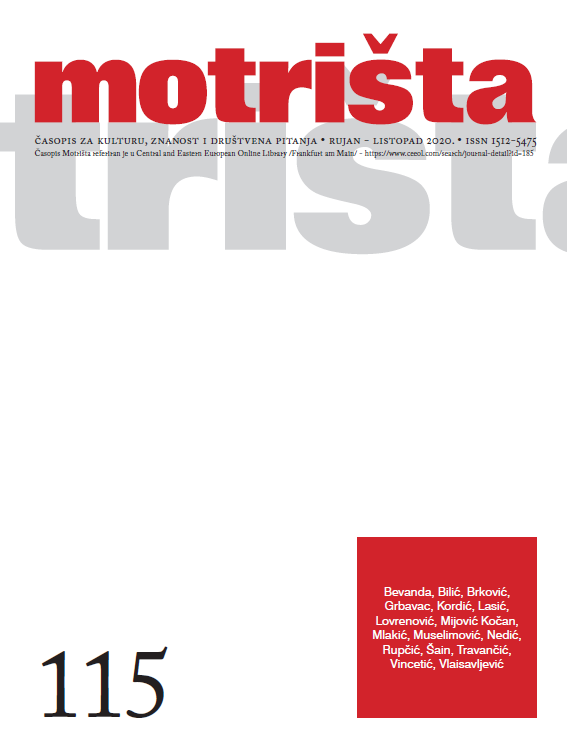Author(s): İsmail Ekinci / Language(s): Turkish
Issue: 43/2021
It is known that the short story emerged very recently in World Literature. This literary genre, which was put forward by American authors in the second half of the 19. Century, began to spread worldwide by Russian writers. The first example of the short story genre in Arab countries is the work named On the Train (fi al-Qitar) published by Muhammad Taymūr in 1917. As in many Arab countries, short story authors have started to be seen in Jordan since the 1940’s. Short stories published in publications such as newspapers and magazines constitute the first cores of the short story in Jordanian literature. It is seen that story authors such as Abd al-Rahman Yagī, Nabil Haddad, Husnu Fariz, Isa an-Nauri, Mahmud Sayf al-Din al-Iranī, Mahmud Taymūr, Jamal Abu Hamdan, Munis Arrazzaz, Subhi Shahrur, Ghalib Halasa, Fakhri Kivar, Abraham Nasrallah, Maryam Jabir Fariha ve Abraham al-Absi have published their stories in various magazines and newspapers.One of the Jordanian short story outhors is Elias Farkouh. Farkouh, who was born in Amman in 1948 and died on July 15, 2020 in the same place, is a world-renowned writer with his successful short stories. The stories and novels he wrote were deemed worthy of many awards by the leading institutions of the period. Farkouh is one of the most famous writers to express the psychological destruction of the Jewish invasion on the Palestinian people in the axis of social realism. In his works, he presents with a striking depiction of the effect of the Jewish occupation on Arab intellectuals who are tired of defeat. Many of the protagonists in the author’s stories are depicted as helpless people who avoid fighting or confronting the reality of society. There are nearly a hundred short stories in the story collections in which Farkouh published many of his stories together. One of these stories is ‘Who Ploughs the Sea?’, which ranks first place in the story collection published under the same name. In this story of the author tells the extraordinary story of a woman whose psychology deteriorated in the period of chaos, martial law, and Jewish invasion, and committed suicide by jumping into the sea. The names of the heroes in the plot of unknown whereabouts and time are also unknown. The narrative language and style of the story is quite simple. A clear and fluent poetic language is used in the story. The plot is given as complex as the psychological state of the woman who was the protagonist of the event. The author is the narrator in the story. The narrator avoids directness. The story is highly engaging and enthralling to the end. The second protagonist of the story is a male person who is the protagonist, whom the main protagonist woman sees and speaks in a schizophrenic dimension, does not actually exist and is also unnamed. Apart from these two main protagonists, the waiter, the people on the beach are given as vaguely characters. The plot, which seems to have taken place in a house and a cafe by the beach, ends at the bottom of the sea. Considering that the story was written in 1985 and that there were problems in terms of freedoms in Jordan, the prevalence of martial law, the Palestinian resistance and the Jewish invasion, it is possible to say that the incident took place at this time and in this chaotic environment. In the story, storytelling, storytelling techniques such as description, dialogue and monologue have been used appropriately. The psychological problems of the woman in the story, like the helpless heroes in other novels and stories, are thought to be the psychological devastation of the Jewish invasion on the Palestinian people, the psychological negative impact on the Arab intellectual who is tired of being defeated, the psychological problems of those who escape from struggling or facing the reality of society. Considering all the situations such as the narrative language, poetic style, success in depictions, and the giving of the plot, it is clearly seen that the story comes from the pen of a master storyteller. This story called ‘Who Ploughs the Sea?’, the storytelling of Jordan and the life, literary personality and works of Elias Farkouh are the subject of this study.
More...
